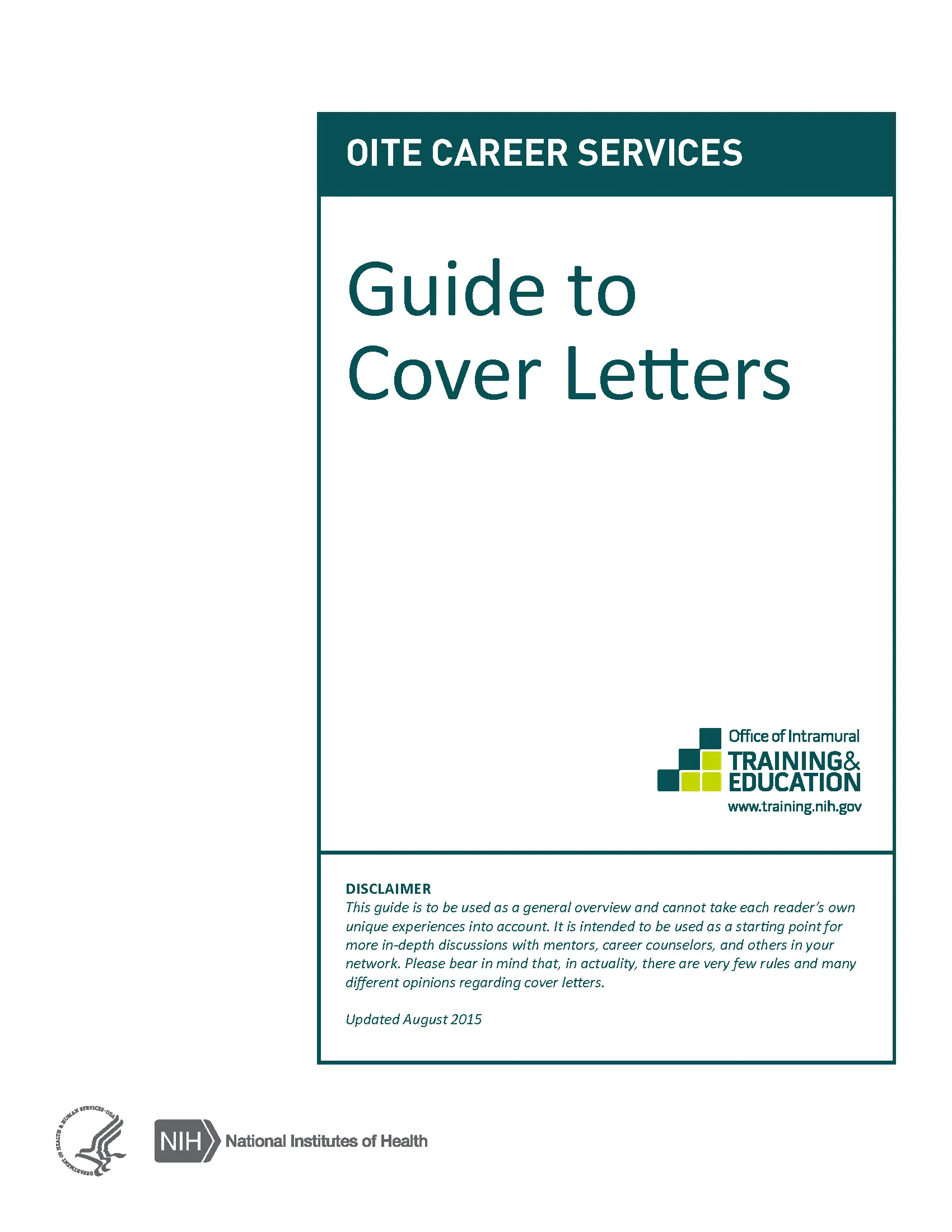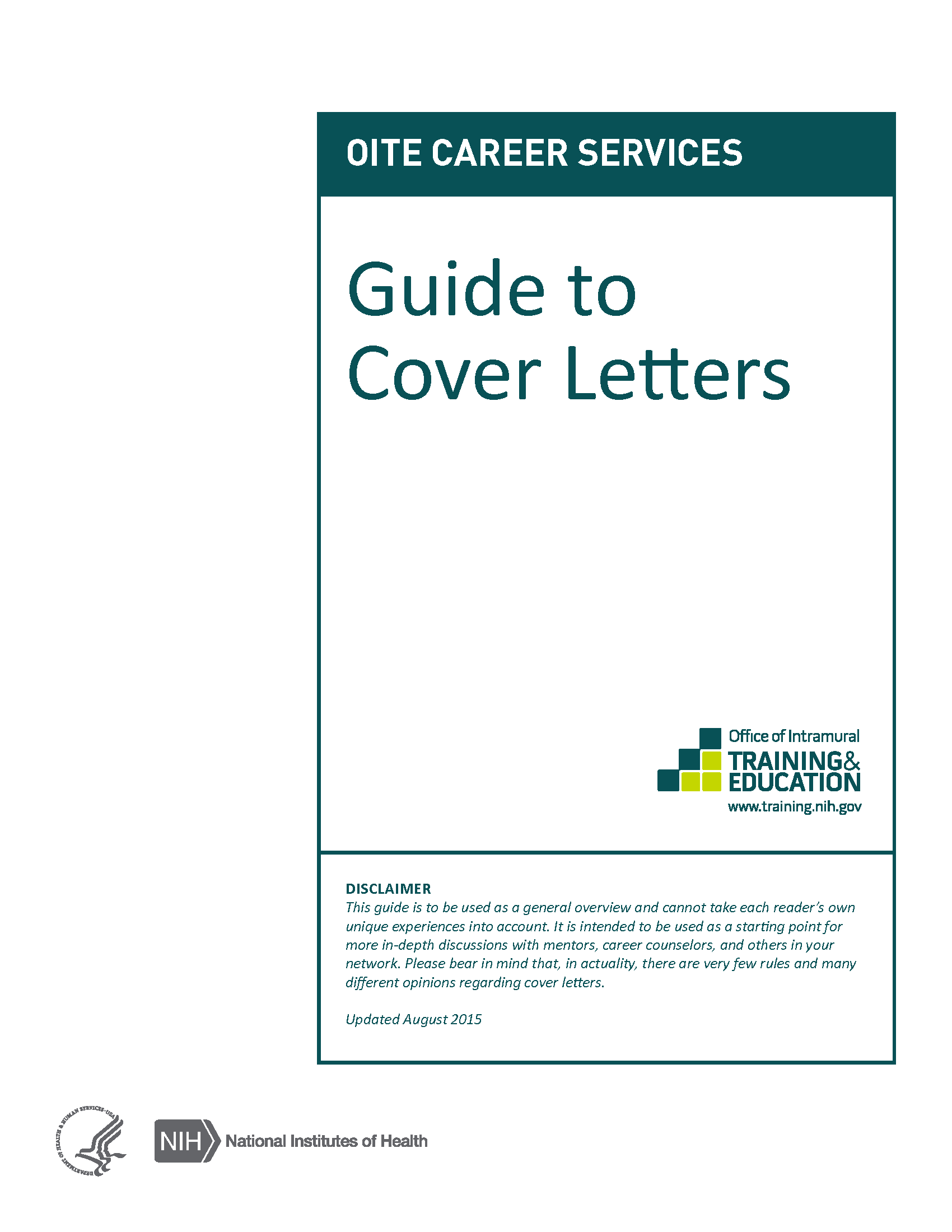Are You Drifting Into Decisions?
People are faced with choices and decisions every day — some are inconsequential and some are life-changing. Maybe you are trying to decide whether or not you should go to graduate school or whether or not you should take that job you were offered. Try to think for a moment about the last big decision you had to make. How did you approach that decision? Were you forced to actively choose or did you drift into that decision?
Gretchen Rubin, author of The Happiness Project, describes drift, her coined term for the decision you make by not deciding or by not taking responsibility for a decision. She aptly points out that drift can start very subtly and even though the word drift denotes a touch of laziness, drifting can actually be a ton of work. Rubin recounts her first experience with drift:
“I drifted into law school. I didn’t know what else I wanted to do, it seemed like a legitimate, useful way to spend a few years, it would keep my options open…I didn’t really think much about the decision.
Just taking one drifting step can you set you in a course that’s very hard to stop. In my case, I drifted into taking the LSAT (the law-school application test). “Why not, might as well, could come in handy, maybe I’ll be glad I did,” etc. This is a good example of the fact that drifting doesn’t always mean taking the easier course; it was a lot of trouble to prepare and take the LSAT, but it was still drift.”
Her experience might resonate with you. So, how can you tell if you are drifting? Rubin developed a quiz.
***
Check the statements that apply to you. More checks mean a higher chance of drift.
__ I find myself doing or getting something because the people around me are doing it or want it. (E.g., Everyone else in my lab is applying to medical school, so I think I should as well.)
__ I often have the peculiar feeling that I’m living someone else’s life.
__ I often think, “This situation can’t go on,” but then it does go on.
__ I spend a lot of time daydreaming about a completely different life as an escape from what I’m doing now.
__ I find myself getting very angry if someone challenges the values that I think I’m working toward. (E.g., working like crazy as a fifth-year postdoc, and furious if someone argues that money and security aren’t important.)
__ I complain about my situation, but I don’t spend much time trying to figure out ways to make it better. In fact…
__ I fantasize that some catastrophe or upheaval will blow up my situation. I’ll break my leg or get transferred to another city.
__ I find myself having disproportionate reactions. (For example, I have a friend who wasn’t admitting to herself that she wanted to be an actor, and she decided to give it a shot after she started crying when someone started talking about acting.)
__ I feel like other people or processes are moving events forward, and I’m just passively carried along.
__ There is something in my life about which I used to be passionate, but now I never allow myself to indulge in it. In fact, it makes me uncomfortable even thinking about it.
__ I’ve justified certain actions on my part by assuring myself, “I might as well,” “It can’t hurt,” “This might be useful,” “This will keep my options open,” “I can always decide later,” “I can always change my mind,” “Nothing is forever,” “How bad can it be?”
***
Being indecisive isn’t always negative. Sometimes hesitation allows you to gather more information in order to actually make a decision. However, it can also be really hard to admit that your indecisive phase has expired and you are now drifting. How then can you conquer drift and finally make that decision?
Well, it will be different for each person. It can help to start by firstly trying to let go of your perfectionistic tendencies. Perfectionism can lead to a fear of making the wrong decision. Maybe you take that job or enroll in that graduate program and you hate it? Remember, you are allowed to change your mind in the future and make a new decision which will better serve you. Part of one’s life and career can be trial and error. Give yourself the gift of that flexibility. Also, a big part of making decisions that are right for you means tuning into your emotions and trusting that you know yourself better than mentors/ advisors/ parents/partners who mean well.




